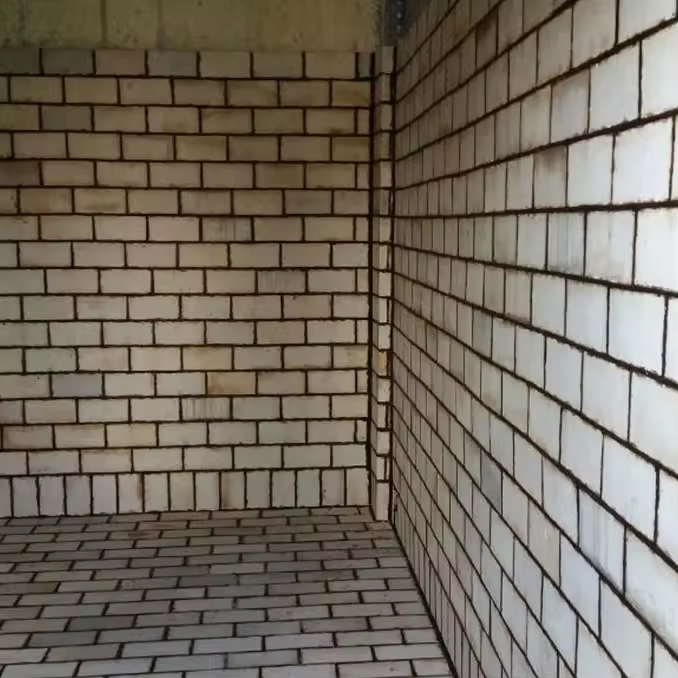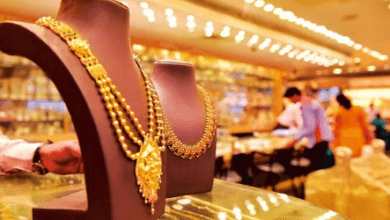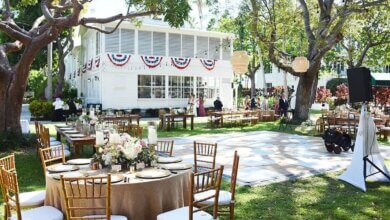Why Acid Proof Tiles Are a Must-Have for Industrial Floors
Why Acid Proof Tiles Are a Must-Have for Industrial Floors

If you’ve ever walked into a factory and thought, “Yaar, yeh floor tou already toot gaya hai,” — you’re not alone. Industrial flooring in Pakistan often gets ignored until it’s too late. And by then, repairing the damage costs time, money, and more headaches than it’s worth. But there’s a smarter option — one that more factories, labs, and plants across Pakistan are finally catching on to: Acid Proof Tiles.
These aren’t your average tiles. They’re built tough — not just against weight, but against chemicals, acids, heat, and all the harsh stuff that industrial environments throw at them. I’ve personally seen the difference they make, especially in setups where floors are under constant abuse.
Floor Pe Investment Karni Hai? Tou Sahi Jagah Karo
See, the issue with regular flooring — whether it’s marble, ceramic, or even concrete — is that it can’t handle chemical exposure. One acid spill and boom, the surface is stained, weakened, or cracked. And let’s be real, in places like chemical factories, textile dyeing units, or battery manufacturing plants, spills aren’t just common — they’re guaranteed.
That’s where acid resistant vitrified tiles step in. These are vitrified (meaning denser and less porous) and specially coated to resist acid, alkali, and other nasty substances. They’re basically made for heavy-duty zones.
What Makes These Tiles Ideal for Industrial Use?
If you’re wondering what sets these tiles apart from regular ones, let me break it down:
-
Non-porous Surface: Nothing seeps in. Not even strong acids.
-
High Strength: Can easily bear the load of machines or forklifts.
-
Thermal Stability: Heat doesn’t damage or deform them.
-
Chemical Resistance: Spilled acid? No problem. These tiles stay strong.
I once visited a battery recycling plant in Lahore, and the plant manager proudly told me, “Do saal hogaye, na koi crack aya, na koi color gaya.” That’s the kind of durability businesses need — especially when downtime equals money lost.
Where in Pakistan Are These Tiles Used?
These days, acid proof tiles are being installed in more industries than ever before. You’ll spot them in:
-
Textile dyeing factories in Faisalabad
-
Pharma labs in Karachi
-
Food processing units in Multan
-
Chemical storage areas in Sialkot
-
Even commercial kitchens and labs in universities
Basically, any place where the floor is under attack — from chemicals, heat, or heavy use — benefits from these tiles.
Local Manufacturers are Stepping Up
Not long ago, most people importing these tiles were paying a premium. But now, manufacturers in Pakistan are catching up big time. Cities like Gujranwala, Lahore, and Karachi are home to companies making top-quality acid resistant vitrified tiles that compete with imported ones.
And let’s face it — dealing with a local supplier is way easier. If anything goes wrong, you’re not stuck chasing some overseas company on email. Local guys get things done fast, they understand the kind of wear and tear Pakistani industries face, and they even help with on-site fitting and advice.
Choosing the Right Tile? Here’s What to Watch
Don’t just buy whatever’s cheapest. Keep an eye on:
-
Water absorption: Look for <0.5%. That’s a key feature of vitrified tiles.
-
Size and thickness: 10mm to 20mm is typical — depends on how heavy-duty your work is.
-
Anti-skid surface: Super important if liquids are constantly being used.
-
Certified resistance: Ask your supplier for chemical resistance test reports.
Also, don’t ignore the fixing materials. Acid-proof bedding and grout are just as important as the tile itself. A great tile with bad installation? That’s a recipe for disaster.
Real-Life Example: How One Factory Saved Lakhs
Let me share a quick story. A friend runs a chemical packaging plant near Hub, Balochistan. He initially laid regular tiles — they looked nice for three months. Then the acids from leaky containers started doing their damage. Within six months, he had to redo the whole floor.
This time, he chose acid proof tiles from a supplier in Karachi. It cost him more upfront, but it’s been three years — not a single crack or complaint. He said the extra cost paid for itself in less than a year, just in reduced maintenance and no shutdowns for repairs.
Worth It? 100% Yes.
Let’s not overthink it. If your business runs in an environment where chemicals, oils, or heat are part of daily life — then acid resistant vitrified tiles are not a luxury, they’re a need. Yes, they cost more than ceramic or concrete, but think long term.
You save on:
-
Frequent repairs
-
Downtime
-
Labour costs
-
Safety risks
It’s not just about the floor — it’s about running your business smoothly without interruptions.
Final Say — From One Pakistani Business Owner to Another
I get it — budgets are tight, and everyone wants to save where they can. But flooring is not the place to compromise. You need something that lasts, something that’s ready for rough handling, and something that won’t quit on you when things get messy.
Acid proof tiles give you that peace of mind. Whether you’re setting up a new unit or planning a renovation, talk to a few local vendors, compare samples, and choose wisely.




